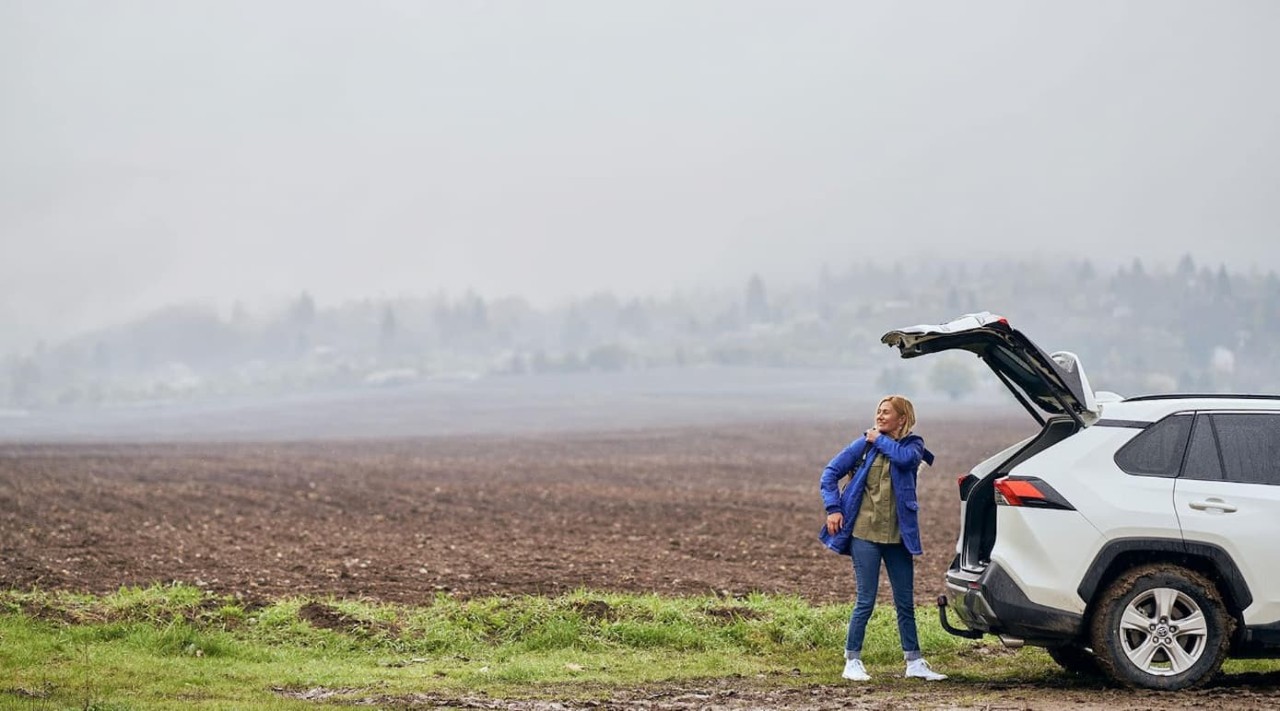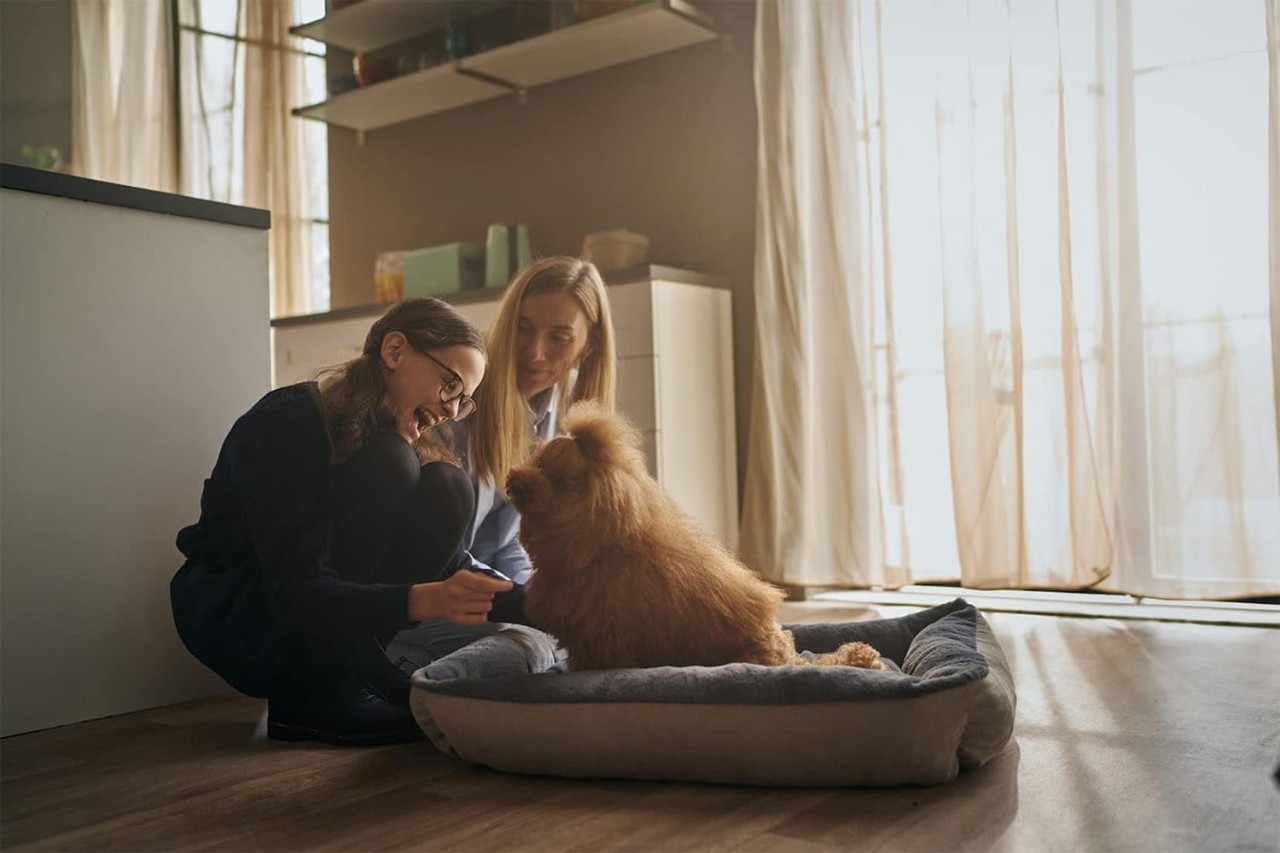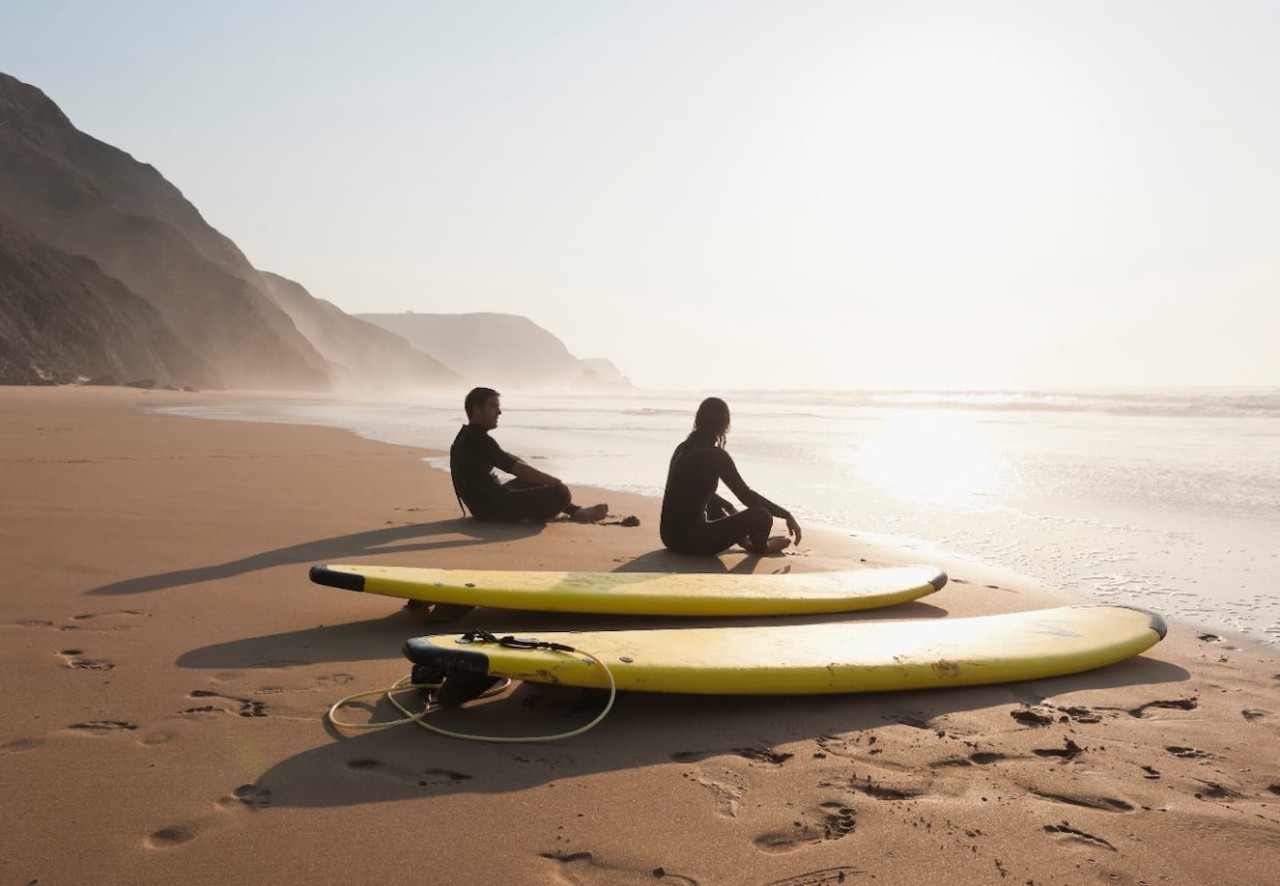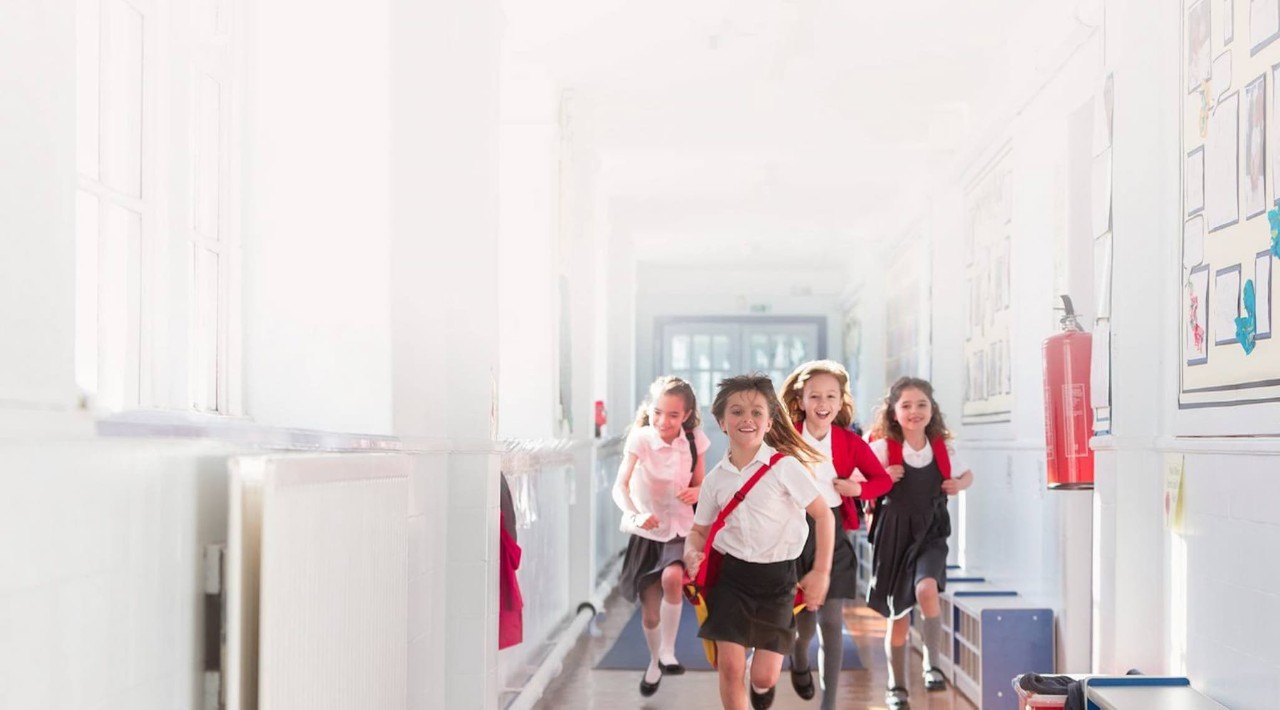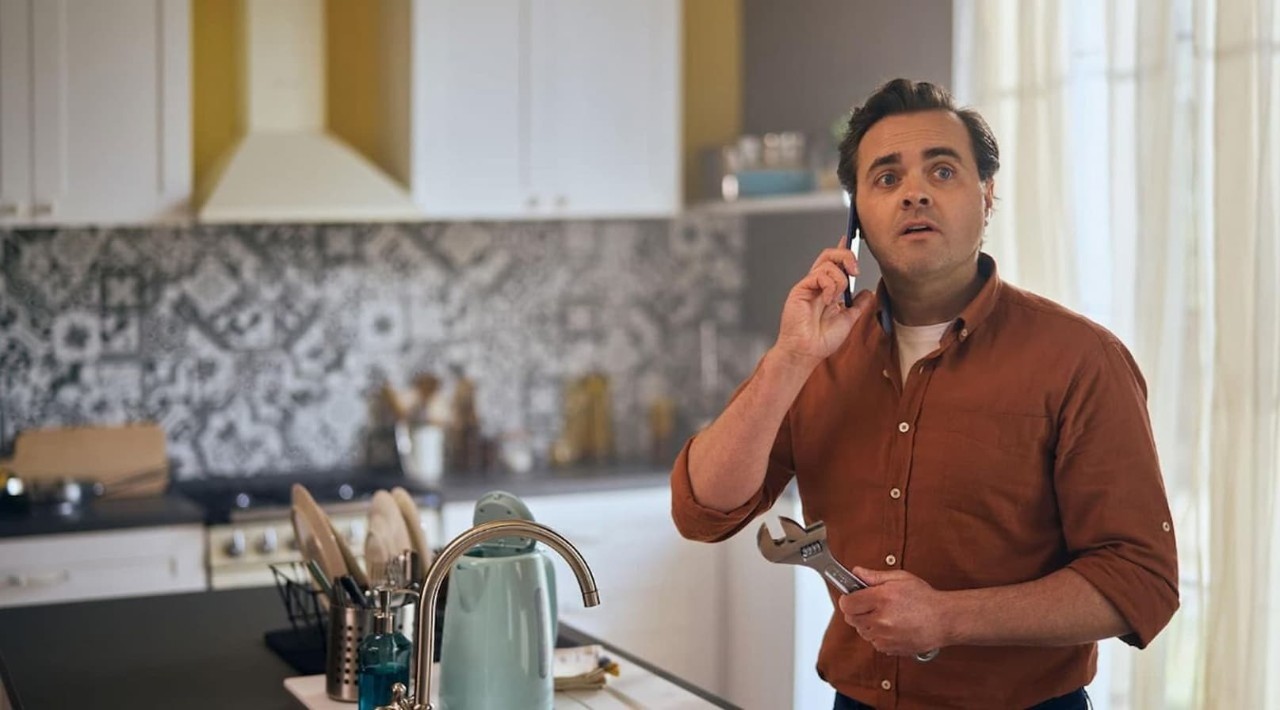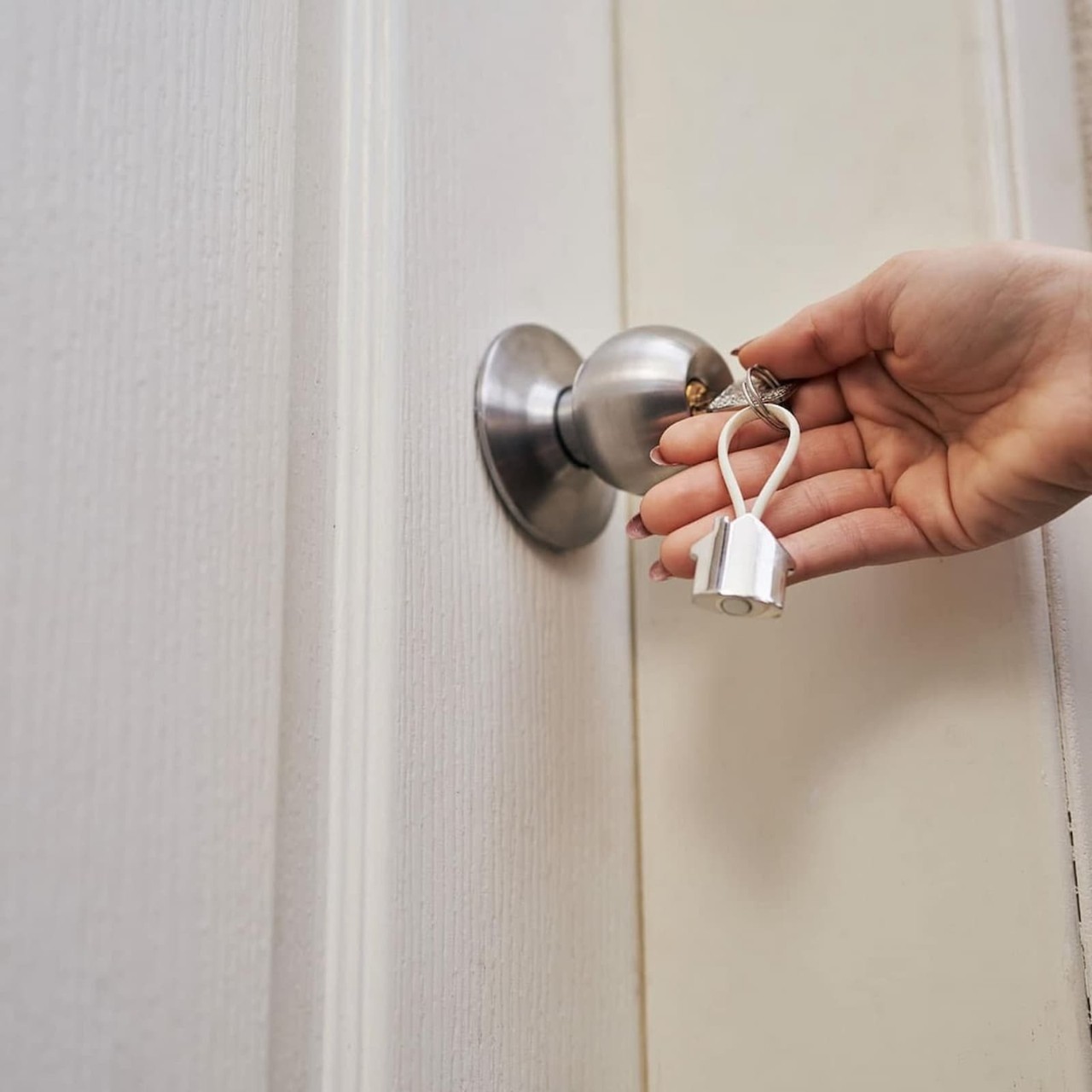With the winter months approaching holiday homes across Ireland will be left unoccupied. If the correct precautions are taken you could ensure that your holiday home is protected while you are away. Here are some useful tips for protecting your holiday home during this time:
Lock up
This is probably the easiest and most obvious step on this list. While your holiday home insurance may cover the financial loss you suffer as a result of a break-in, nothing could protect you from the emotional trauma and shock suffered if your holiday home is broken into. You wouldn’t leave your permanent home unlocked so why should your holiday home be any different. Do the rounds, check all your external doors and close and lock internal doors. Not only will locked internal doors slow down intruders in the event of a break in, they could also help minimise the spread of a fire if one was to occur. Make sure all your windows both at ground level and upper levels are closed and locked.
Top tips:
- Do not leave ladders and other climbing equipment in the shed. These could be used by intruders as a means of accessing your holiday home.
- Do not leave ladders and other climbing equipment in the shed. These could be used by intruders as a means of accessing your holiday home.Do not leave a spare key hidden on the grounds or in the shed.
Unplug electronics and Check batteries
Unplugging devices is a must for anyone leaving their holiday home unoccupied for a long period of time. Not only could you encounter large electricity bills but there could be serious damage caused to the property. Electrical appliances left plugged in for long periods of time may overheat and this overheating could result in fire causing catastrophic damages to your holiday home. If something like this occurs a functional fire alarm is crucial for notifying others which in turn could lessen the damage. You should regularly check that the battery in your alarm is working, not only for fire detection but for security purposes as well. Testing alarms and if necessary, changing their batteries before you leave for the winter will help protect your holiday home while you are away.
Top tip:
It is important to remember that there are some exclusions in your contents cover if the holiday home is not occupied at the time of the incident. Check your Household Policy Document for more details
Turn off the water
Before departing you must tend to your water system. Whether it is draining it or simply turning it off. If previous winters are anything to go by we may be in for a cold one this year. Cold winters could easily lead to pipes freezing which may eventually result in them bursting which could lead to collapsed ceilings, ruined furniture and damaged electrical appliances.
From October 1st to March 31st, when a holiday home is most likely to be vacant one of the following steps is required:
- The water supply must be turned off at the mains and the entire cold water system must be drained down.
- If you are not planning on turning off the water then you need to keep the house heated. Your holiday home must have a fully operational thermostatically controlled central heating system that is set to maintain a minimum constant temperature of 5 degrees Celsius or 41 degrees Fahrenheit throughout the entire holiday home, including the attic. By heating the house you will be preventing particularly unfortunate occurrences like freezing pipes and damp.
Top tip:
When you return to your holiday home you should not light your boiler until the system is completely filled. Refill slowly to avoid airlocks.
Make regular journeys or Leave a key with a neighbour
With Holiday home insurance from Allianz, when the holiday home is unoccupied for over 30 consecutive days, it must be inspected both internally and externally at least once every 30 days thereafter by yourself or a person that has been authorised to do so by you.
Ideally your holiday home should not be left unsupervised for long periods of time. It will need to be checked regularly for maintenance purposes and to avoid any unwanted surprises when you arrive back for your summer holidays. These trips allow you to check for leaks, make sure all appliances are turned off and that locks are still secure. Regular maintenance will help avoid issues that could result in serious damage to your property.
An alternative to making regular trips would be leaving a key with a trusted neighbour whose permanent residence is close to your holiday home. They could perform these checks on a semi-regular basis and save you from having to make the journey down. Having someone coming in to check up on your holiday home will not only give you peace of mind but it will also make the house appear to be lived in. By making sure the mail is collected or perhaps cutting the grass in your front garden, or leaving some lights on occasionally (alternatively timed lights could be worth investing in), will make it seem as if the property hasn’t been left unoccupied.
Social Media
Many people live their lives through social media, updating both friends and strangers on their day to day movements. It may be best to leave your holiday home off forums such as Facebook in the winter. Uploading photos of an end of summer house party or making reference to the fact that you’ll miss the house or area informs the public that your holiday home is soon to be, if not already, unoccupied. By refraining from sharing this information you could save yourself from an experience that won’t be worth posting about.
As holiday homes are regularly left unoccupied during the winter they become more susceptible to break-ins and damage from maintenance issues. Luckily, by taking a few simple precautions you could decrease the likelihood of issues arising allowing yourself to return to the holiday home in the state that you left it in.
Be sure to read your policy document for full detail of what your policy covers and if you have any questions please free to call us on (01) 448 48 48 and one of our customer service representatives will be delighted to help.
All Information correct as of 08/05/17
This guidance is for general information purposes only and does not purport to provide legal advice or other professional advice. Allianz accepts no responsibility or liability for any losses that may arise from any reliance upon the information contained in this guidance.
